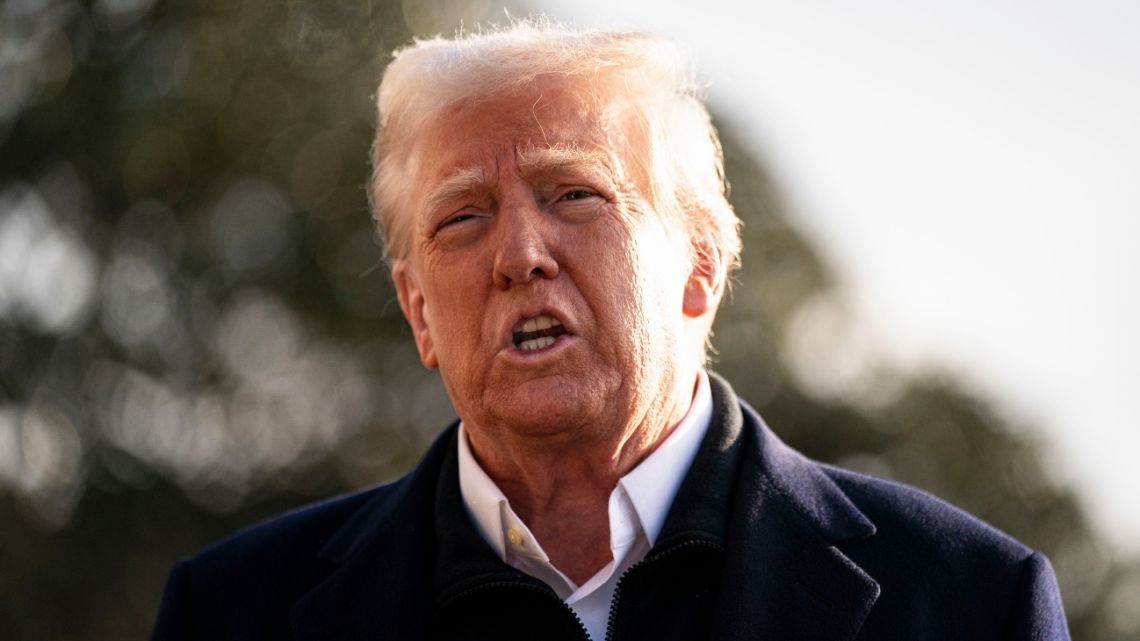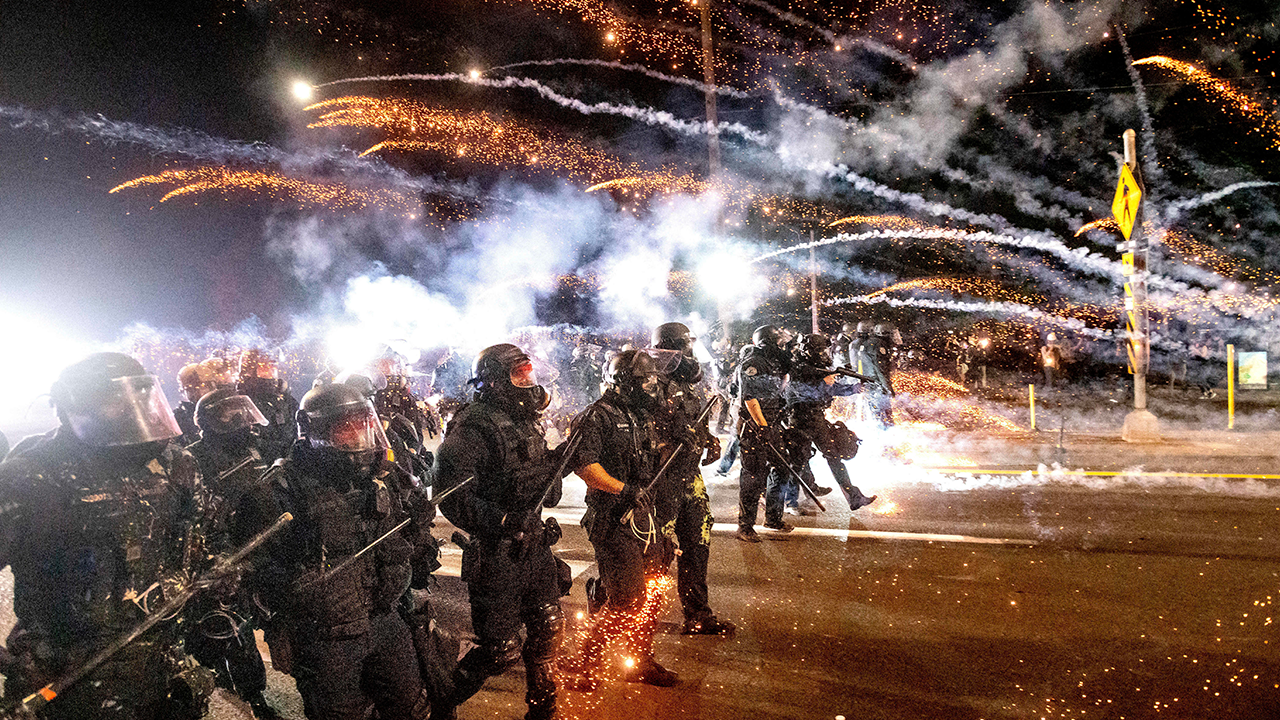President Donald Trump imposed 25% tariffs on Colombian imports Sunday, escalating a diplomatic row over deportation flights. The conflict erupted when Colombia refused to accept U.S. military planes carrying deported migrants.
Colombian President Gustavo Petro insisted on civilian aircraft for deportations and demanded dignified treatment for migrants. Trump responded with immediate tariffs, threatening to increase them to 50% within a week.
The U.S. president also announced travel bans and visa revocations for Colombian officials. These actions mark Trump’s first major trade retaliation in his new term, fulfilling campaign promises on immigration enforcement.
This dispute highlights growing tensions between the U.S. and left-leaning Latin American governments. Mexico and Brazil have expressed similar concerns about U.S. deportation methods, signaling a regional pushback.
The tariffs could significantly impact Colombia’s economy, as the U.S. is its largest trading partner. Key Colombian exports like oil, coffee, and flowers may face price increases in the U.S. market.
(Commentary: Tariff Tornado – Trump’s Bold Stand in Latin America)
Trump Imposes 25% Tariffs on Colombia Over Deportation Dispute
Economists warn of potential consequences, including higher costs for U.S. consumers and possible retaliatory measures from Colombia. The move also revives Trump’s controversial first-term strategy of using tariffs as a foreign policy tool.
This diplomatic crisis could reshape immigration policies and trade relations across the Americas. It may also set a precedent for how other countries respond to U.S. deportation efforts.
As both nations face difficult choices, the international community watches closely. The outcome could have far-reaching implications for regional partnerships and U.S. immigration policy.

 By The Rio Times | Created at 2025-01-26 21:27:30 | Updated at 2025-01-27 16:47:18
20 hours ago
By The Rio Times | Created at 2025-01-26 21:27:30 | Updated at 2025-01-27 16:47:18
20 hours ago








